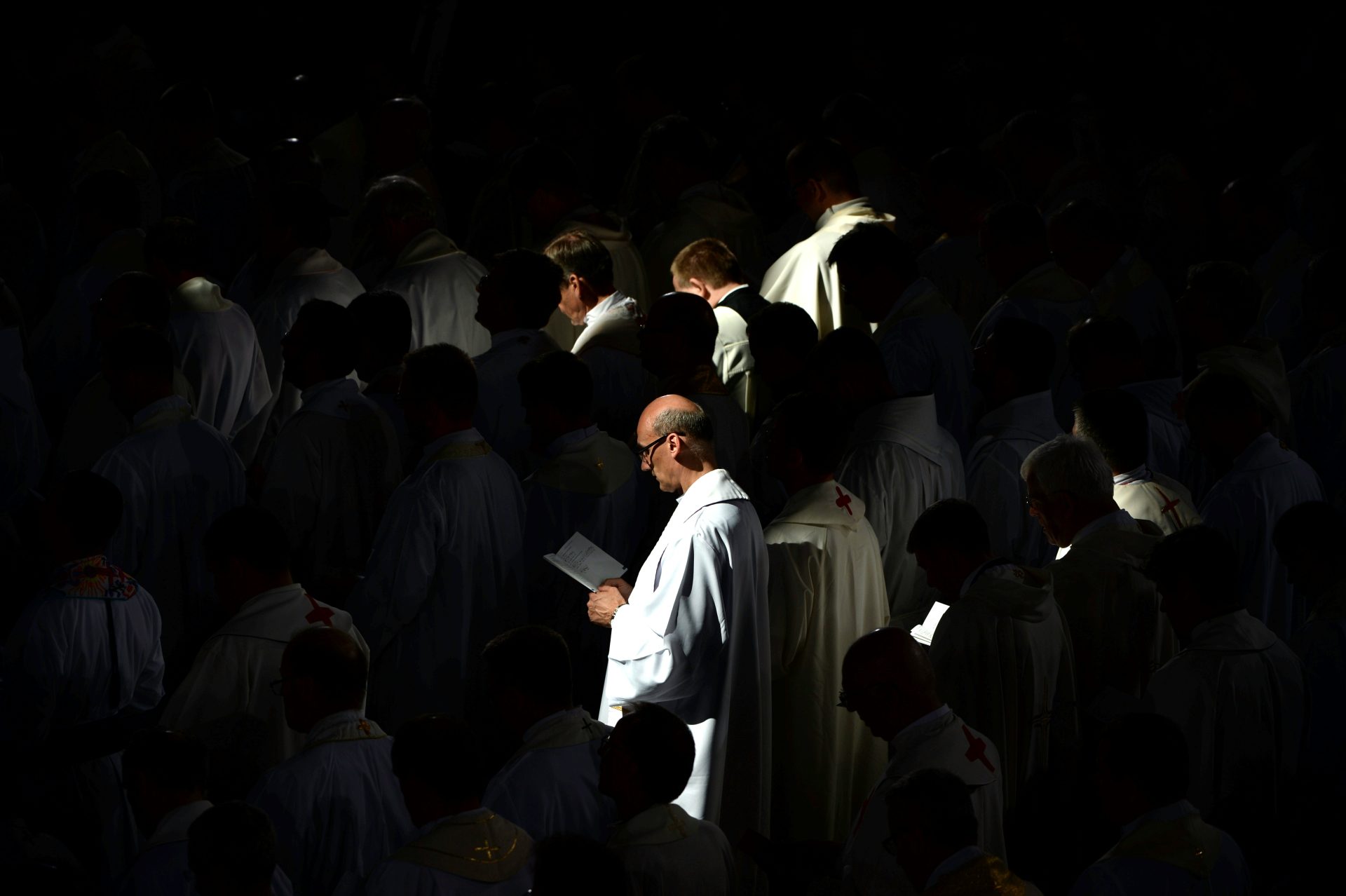As a student of philosophy, I am not inclined to agree with Plato’s concept of governance. I find it too elitist for comfort when he said that in the ideal republic, “kings are philosophers and philosophers are kings.” However, I perfectly understand and am sympathetic to where he was coming from.
Plato was an eyewitness to the trial of Socrates and his philosophy was influenced by what he saw. His mentor was tried for scandalizing the youth of Athens. His air of superiority did not help him. It is possible that many of the members of an incredibly large jury had an axe to grind.
It is possible that they were once put to shame by the Socratic method of philosophizing. By a slim margin, Socrates was in the end found guilty and sentenced to death. By the legal standards of his time, the execution was legitimate. But in the eyes of his disciples, his death was a travesty of justice.
Plato criticized the whole trial where the many who did not have “knowledge of the true being” could sentence to death “a lover of truth and a hater of falsehood, whose “desires are absorbed in the interest of knowledge.” In effect, the trial was not a determination of truth but a judgment of Socrates’ lack of popularity.
The motivations behind Plato’s political philosophy can serve as a starting point for my reflections on the journey of pastors and theologians in both the universal and local churches. It is not that one cannot be a theologian and a pastor at the same time. In fact, the pastoral experience can enrich one’s theologizing.
Furthermore, a pastor is also a theologian not only because he received some theological education but in sense that everyone who reflects on reality vis-à-vis the word of God is a theologian. But most pastors are not theologians in the professional sense of the word.
Undoubtedly, pastors play a crucial role since they are the front liners in the battle for God’s reign. But as pastors, they are not professionally trained to critically reflect and raise questions on some theological issues. Thus, they tend to lack patience in understanding the complexities of a theological issue. In contrast, it is the task of theologians to raise questions.
An example or two can illustrate this point. First, it may be enough for pastors to assert that Jesus is both God and human. But a theologian, though aware of the limitations of human knowledge and its articulations, would still ask the question, “If God is infinite and the human being is finite, how can one person be both infinite and finite?”
Let us cite another example from the field of morals. A pastor will say that homosexual behavior is sinful because it is against natural law. Some pastors have enough intellectual sophistication but the more simplistic ones would say, “Clearly, Genesis tells us that God created man and woman only.” Such an oversimplified presentation forgets that even the Catechism says, “They do not choose their homosexual condition,” (CCC 2358).
Pastors may not be able to appreciate the evolution of the teaching from the label “sinful” to “objectively disordered.” But it is the task of theologians to criticize, in agreement or disagreement, the logic of the use of the concept of natural law. Theologians also ask how science can help in the formulation of the teaching about homosexuality.
This tension between pastors and theologians is unnecessary. Indeed, Pope Francis has ushered in a smooth relationship between theologians and the Vatican. Gone are the days when it would seem that the Sacred Congregation for the Doctrine of Faith looked at its mission simply as an office that would guard against doctrinal errors.
Many theologians whose thoughts have been questioned by the Vatican during previous papacies are now in good graces with the Pope. Gustavo Gutierrez was invited to the Vatican. Many of the thoughts of Leonardo Boff are incorporated in the encyclical Laudato Si. Hans Kung was reconciled with the Vatican before his death.
The winds of change are felt in a letter of Pope Francis to Archbishop Victor Manuel Fernandez, the newly appointed head of the Dicastery for the Doctrine of Faith. In his marching orders to the Archbishop, Pope Francis writes, “The dicastery over which you will preside in other times came to use immoral methods.
There were times when, rather than promoting theological knowledge, possible doctrinal errors were pursued. What I expect from you is something very different… The different lines of philosophical, theological, and pastoral thought, if they allow themselves to be harmonized by the Spirit, in respect and love, can also make the Church grow. This harmonious growth will preserve Christian doctrine more effectively than any mechanism of control.”
Have the winds of change reached the Philippines? I like to believe that the answer is yes. I remember that in 2015, the US Supreme Court struck down all state bans on same-sex marriage. Many were fearful that Filipinos may follow the American lead. But then CBCP President Socrates Villegas gave an admirably balanced reply.
There was no more fire and brimstone but a carefully formulated response. While insisting that marriage is only for a man and a woman, he also added, “The US Supreme Court decision will not go unheeded. We shall study it with assiduousness and revisit our concepts and presuppositions, always with the eye of being faithful to the Gospel and to the mission of the Church.”
We do hope that the winds of change will reach this cradle of Christianity in the Far East and it is willing to face theological issues with the eye of being faithful to the Gospel and to the mission of the Church.
Fr. Ramon D. Echica is the Dean of Studies of the San Carlos Major Seminary. He obtained his doctorate in Sacred Theology from the Catholic University of Leuven (Katholieke Universiteit Leuven) in 1998.






